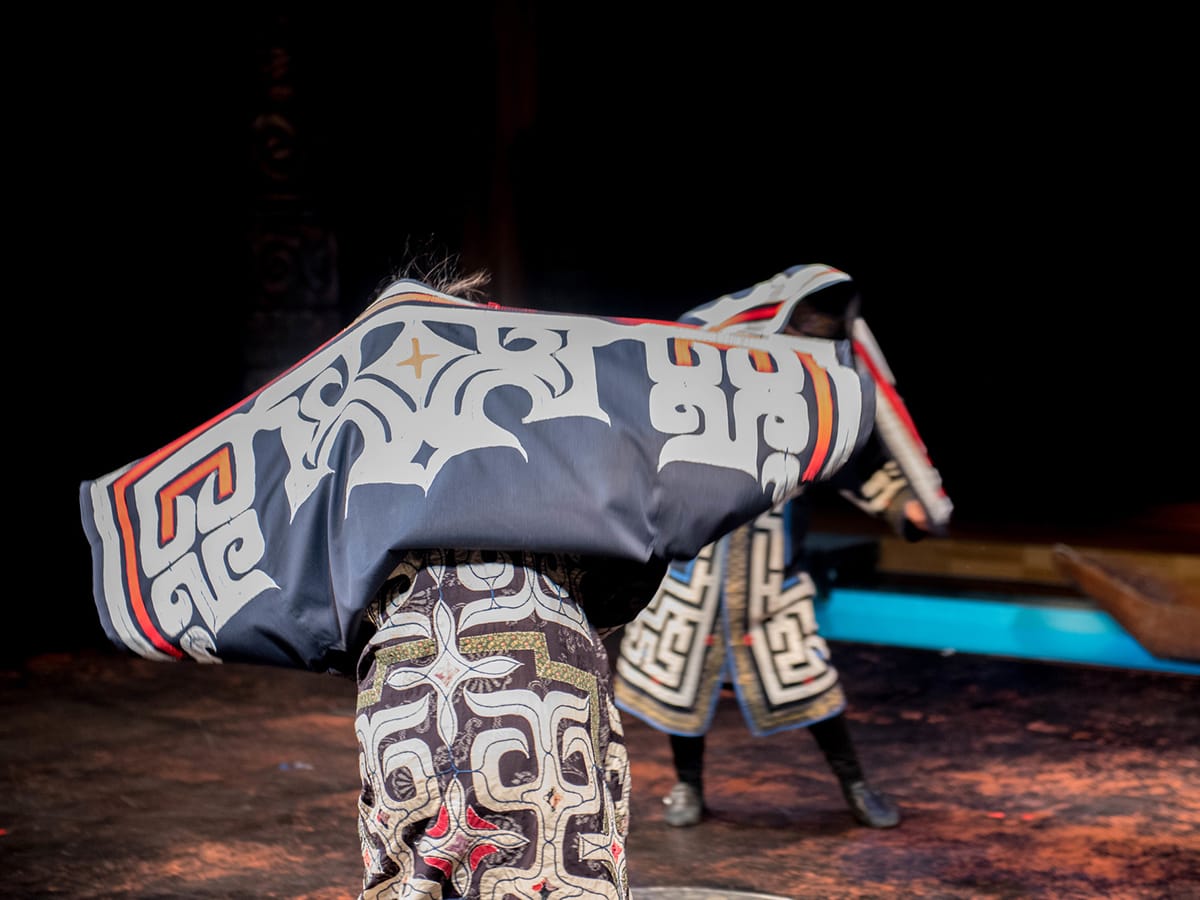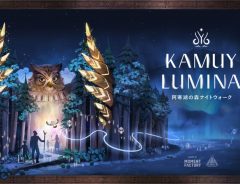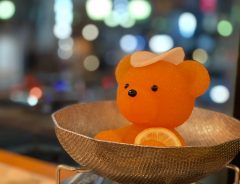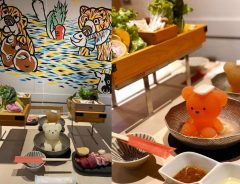
Source: Daikegoro | © PIXTA
Japanese Culture Guide: The Indigenous Ainu People and Ainu Culture of Japan
- Tags:
- Ainu / Ainu culture / Ainu language / Ainu people / Golden Kamuy / Hokkaido
Related Article
-

Japanese Twitter Amazed by Hokkaido Residents’ Adorable Penguin Walk on Icy Roads (Video)
-

Learn Ainu culture through digital art and projection mapping at the KAMUY LUMINA event
-

Japan Travel: Belly Button Festival “Hokkai Heso Matsuri” in Furano, Hokkaido
-

Unkai Terrace’s renewal will allow you to get closer than ever before to Japan’s Sea of Clouds
-

[Report] Cute edible bears take a bath in a delicious Japanese hot pot!
-

Hokkaido’s Kuma-Chan Onsen: The most Kawaii Hot Pot featuring a Bear in a Hot Spring


The Ainu (Aynu) people and culture are very fascinating, but unfortunately not many know about it or how is it related to Japan.
Recently, due to the anime series Golden Kamuy, that has grown in popularity overseas, as well, Ainu Culture is starting to gather more attention worldwide and many visitors are now including the Ainu sites and tourist spots in their itineraries.
Who are the Ainu?
Ainu people have been also known under the name of 蝦夷 (Ezo) and are an indigenous population with interesting customs, culture, and history that is said to have originated by combining Jomon, Okhotsk cultures and Satsumon, the post-Jomon culture together.
It is said they are the descendants of the Jomon population, but their genetics are still not clear.
Compared to Japanese people, Ainu have more body hair and a light skin tone, in case of full blood Ainu. Many have broad faces and men are said to be very hairy.
Some studies say Caucasians, some Northern Asia, many find similarities between the Mongoloid traits and Ainu features, but the most similar resemblance is with Chukchi population of the Arctic area.
Ainu were based in Hokkaido and the Northeast region of Japan, but unfortunately nowadays many don’t know about their origins as a result of being assimilated in Japanese society.
Language and Culture
Their Language and culture are very different from Japanese and unfortunately, there are not many people who can speak Ainu language anymore.
As they are an important part of the history, there have been efforts made to keep the language from being extinct and revive it, but the people who can speak and understand Ainu language are so few you can count them on two hands.
What is interesting about the Ainu customs and personally left me in awe was the tradition of tattooing your mouth and forearms as a woman.
I mentioned above that Ainu men were hairy, but one of their traditions was not to shave after reaching a certain age, so seeing the men with big beards and long mustaches was something normal for their people.
While men used chopsticks, women used spoons made out of wood.
Hunting for wildlife (bears, deer, etc), fishing and making ornaments as part of their culture.
If you read or watched Golden Kamuy, you already know that Ainu used to hunt bears that hibernate and they were all animists of religion.
The Ainu population used to believe everything has a spirit, therefore the word Kamuy, which means God in Ainu language.
Ainu Culture Nowadays
Here are a few of the locations I recommend to visit if you want to know more about the interesting culture of the Ainu population:
In Japan, especially Hokkaido, you can also taste Ainu Cuisine or try out their sake.
For those interested in purchasing the traditional Ainu drink, you can do so from Tanakashuzo Japan Shop.
Golden Kamuy and Ainu
© PR Times, Inc.
Golden Kamuy is a manga, based on a real story, recently adapted into an anime recognized worldwide, currently with 2 seasons out and the third season to be released.
The manga and anime grew in popularity not only in Japan but internationally and made people more aware of the unique Ainu culture that has started to fascinate people all around the world.
One of the characters of Golden Kamuy, the girl of Ainu origins, Asirpa has been featured in the British Museum Exhibition banner poster (link here).
The manga/anime have been so popular in Japan that beer cans and soft drinks have the characters imprinted on and the Japanese market even used the series to promote Marvel’s SpiderMan: Far From Home Movie to the audience.